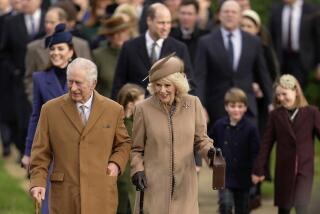Not all monarchs have lost power. Here are a few countries where royals really rule
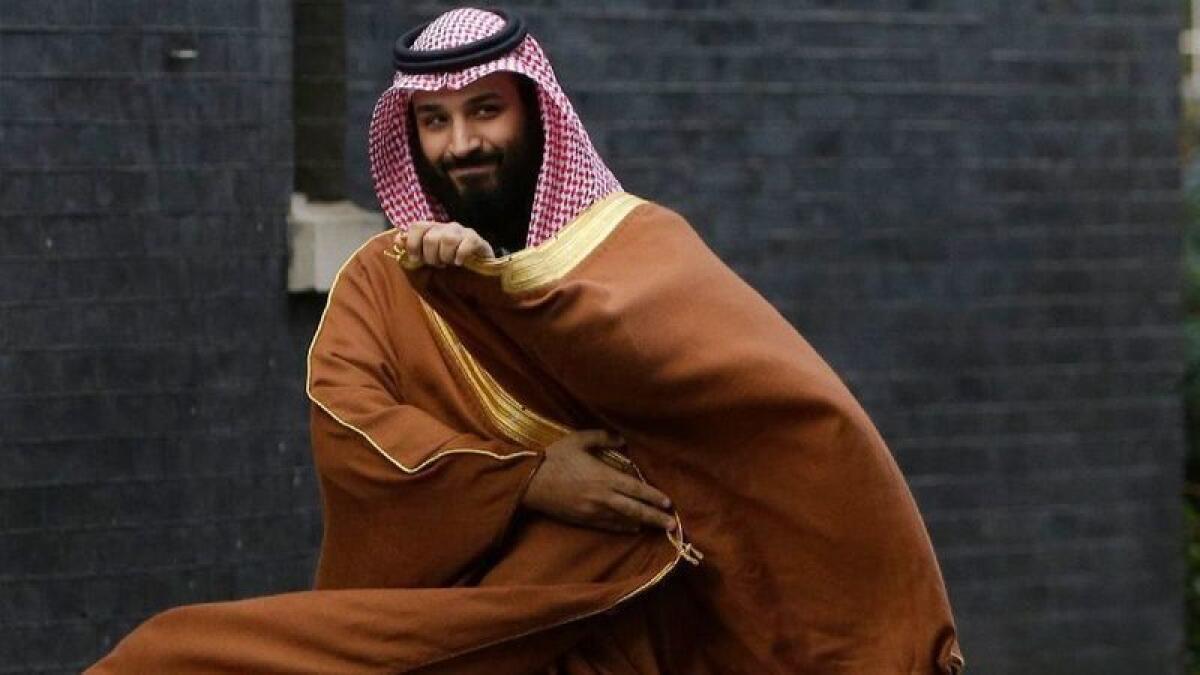
This month ushers in an era of new beginnings for royal families in Japan and Thailand.
For the first time in nearly 70 years, Thailand is crowning a new king. Maha Vajiralongkorn took the throne when his father died 2½ years ago. On Saturday he was officially installed as king as part of a three-day ceremony drawing on Buddhist and Hindu traditions.
In Japan, Crown Prince Naruhito became the country’s 126th emperor on Tuesday, after his 85-year-old father, Emperor Akihito, stepped down.
Dozens of countries still have royal families. Some monarchs go by the title of king or queen while others are referred to as emperor, sultan or emir.
The level of power they exert depends on the country.
In Norway, Spain, Britain and Sweden, the royal positions are purely ceremonial. Several countries in Africa and Asia have similar figurehead monarchs, among them Lesotho, Cambodia and Malaysia.
In Thailand, the king has the power to pardon criminals and is viewed as a force for helping unite a deeply divided nation.
Then there are royals who continue to rule like monarchs of old.
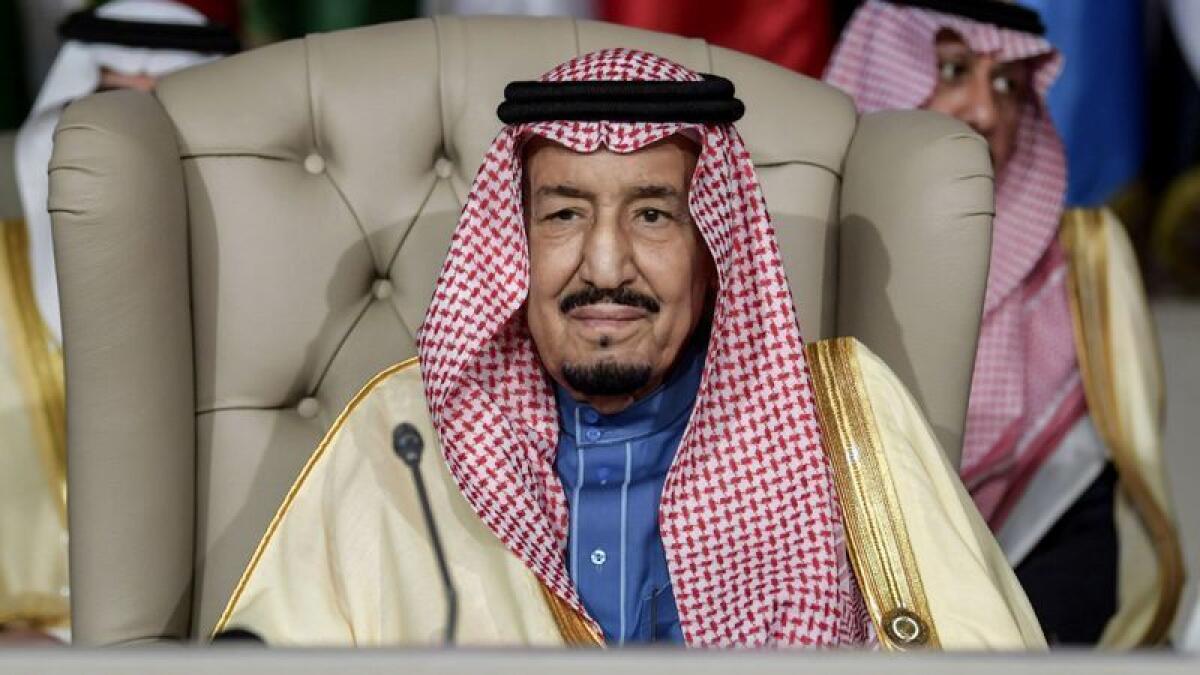
Saudi Arabia
Saudi Arabia is an absolute monarchy, a kingdom ruled by one person. In 2015, Salman bin Abdulaziz al Saud took on that role. In addition to being the king, he serves as prime minister, holding supreme executive, legislative and judicial power.
Key support positions, such as the ministers of defense and foreign affairs, are given to members of the royal family.
King Salman’s son, Crown Prince Mohammed bin Salman, is next in line to the throne.
Since taking power, Salman and others in the royal family have taken measures to tighten their grip over their subjects. Once seen as a reformer, Crown Prince Mohammed has faced international condemnation after October’s grisly murder of dissident Saudi journalist Jamal Khashoggi at the Saudi Consulate in Istanbul, Turkey.
In April, King Salman ratified a royal decree to behead 37 Saudi citizens, most of them Shiite Muslims — a minority in a country ruled by Sunni Muslims. Officials said those condemned had engaged in terrorism-related offenses, allegations questioned by human rights advocates.
The monarchy has also ordered the arrest of women’s rights activists, including protesters of the nation’s since-lifted ban on women driving.
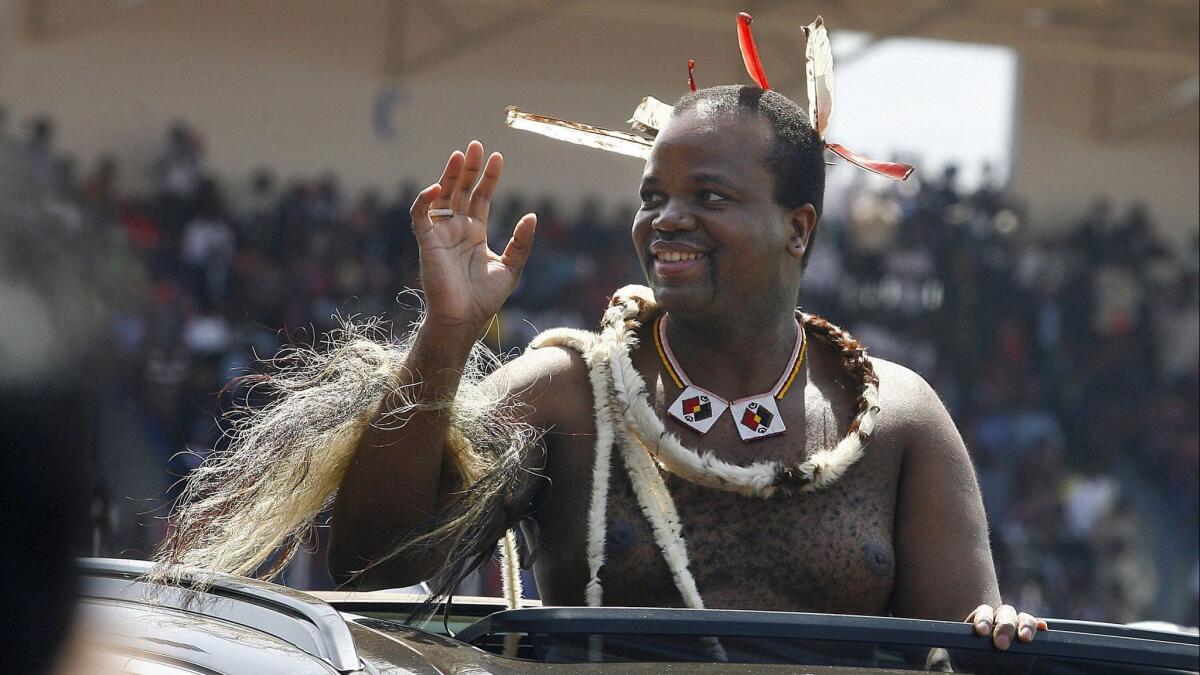
Swaziland
Swaziland, home to 1.3 million people, is Africa’s last absolute monarchy. The small country in southern Africa has been ruled by King Mswati III since 1986.
A majority of the population in Swaziland live in poverty in rural areas.
In 2006, the ruling family introduced a new constitution that included a bill of rights. But human rights activists say the monarchy has continued to restrict freedom of expression, assembly and association.
In 2018, Mswati announced that he was renaming the country “the Kingdom of eSwatini,” meaning “the land of Swazis,” though the name change has not been embraced by most of the rest of the world. The announcement was made on the country’s 50th anniversary of independence from British rule.
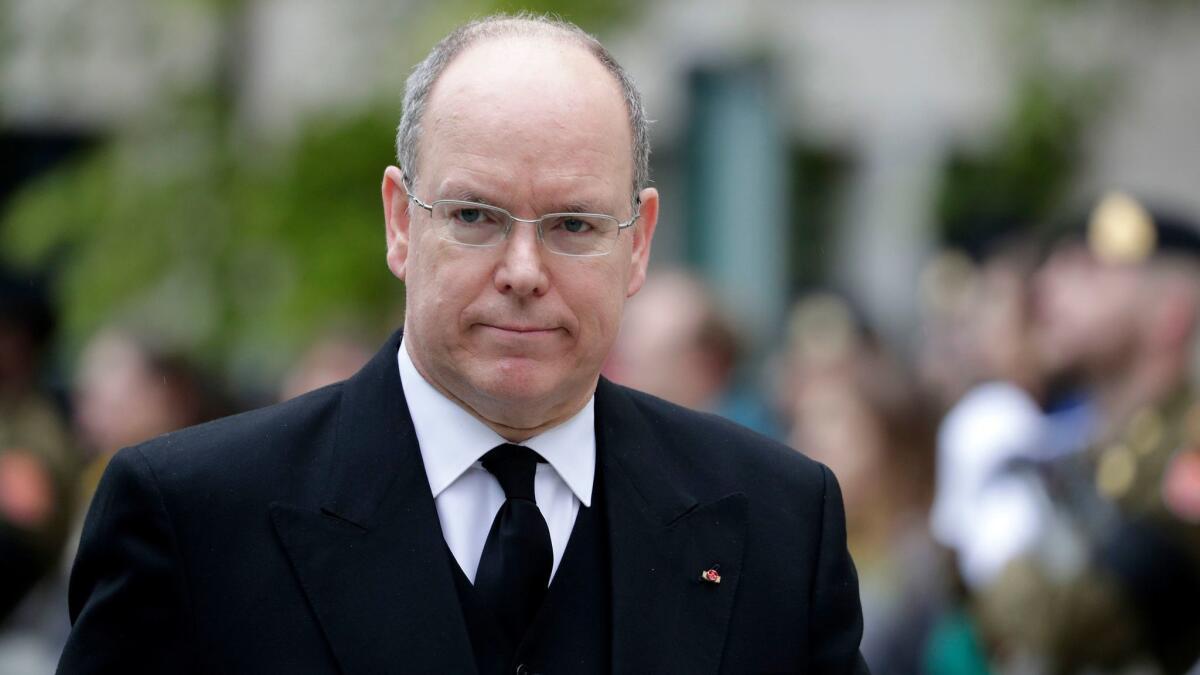
Monaco
Monaco is a hereditary constitutional monarchy led by Prince Albert II. It was established in 1911.
Tourism drives the economy in the postage stamp-sized nation of 39,000 people.
In 1962, the country’s constitution was reformed to provide independence to portions of its judicial and legislative bodies.
For instance, legislative power is now shared by the prince and the National Council — a group of 24 members elected by popular vote every five years. The prince proposes laws and the National Council votes on them.
The prince also appoints a president to the seven-member Crown Council, which advises the prince on domestic and international issues, such as ratification of treaties and the granting of amnesty and citizenship.
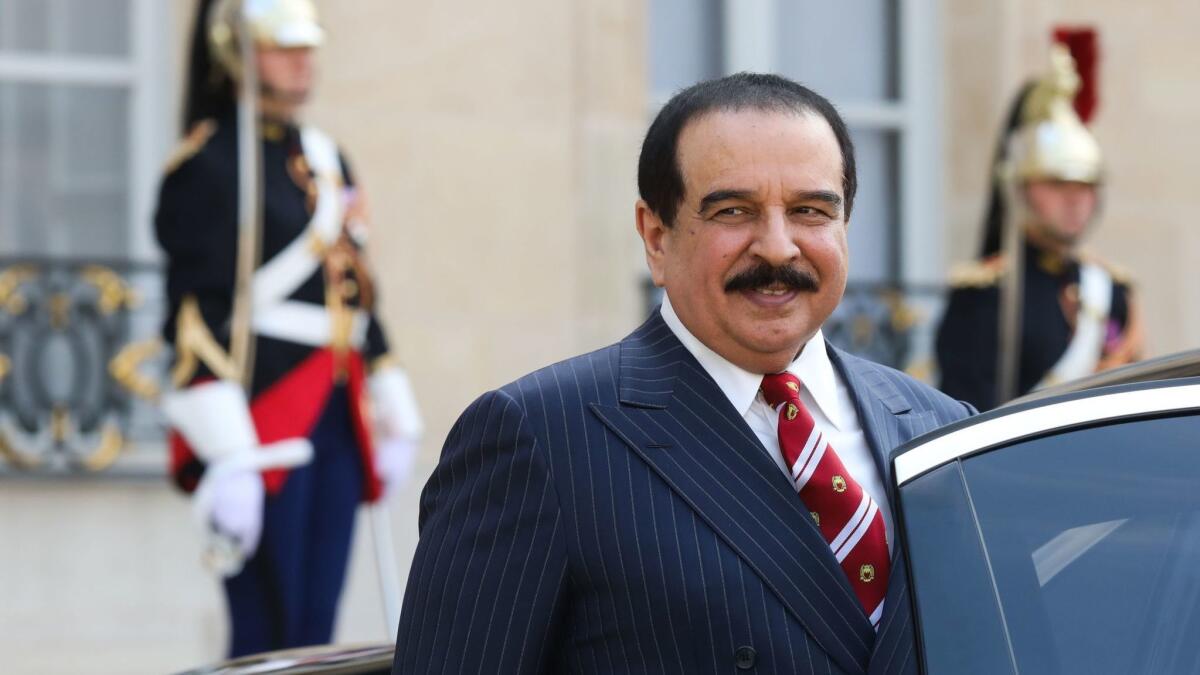
Bahrain
The small Persian Gulf island has been ruled by the Khalifa family since 1783. Members of the royal family control the ministries of Defense, Interior, Finance and Foreign Affairs.
The country’s political system has undergone shifts over the last three decades.
Sheik Hamed bin Isa Khalifa, who took power in 1999, turned the emirate into a kingdom three years later and gave himself the title of king.
Human rights groups have criticized the monarchy for its clampdown on dissent. According to a 2018 Amnesty International report, authorities arrested activists and political opponents who criticized the monarchy ahead of parliamentary elections in November 2018.
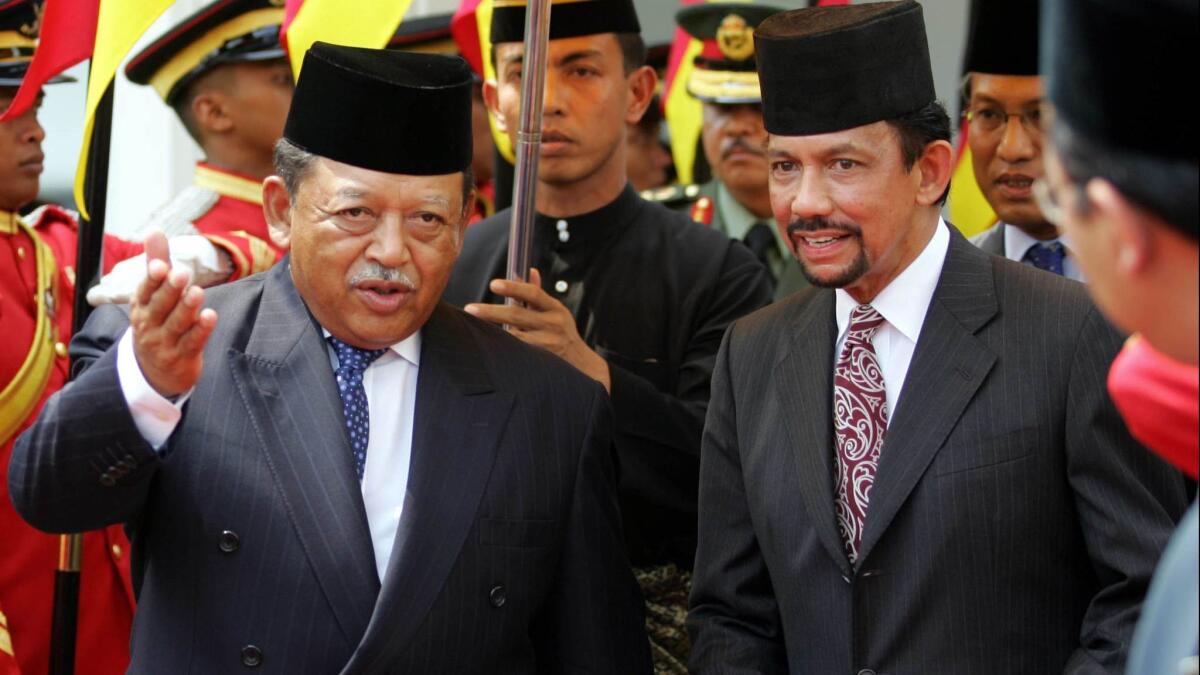
Brunei
For more than five decades, Sultan Hassanal Bolkiah has reigned over the tiny, oil-rich Asian kingdom.
The monarchy, which has been around for hundreds of years, has endured turbulent times. In the late 19th century, Britain intervened in the country’s affairs, and Brunei became a British protectorate in 1906 under a treaty that allowed the ruling dynasty and its line of succession to remain intact.
During World War II, between 1941 and 1945, Japan occupied the country.
As head of state, Bolkiah also serves as prime minister, in charge of the country’s armed forces and Finance Ministry.
The monarchy sparked international outrage when it announced in April that it would begin stoning those charged with adultery or homosexuality under a new penal code based on sharia law.
Celebrities including George Clooney and Elton John quickly condemned the crackdown and called for a boycott of the Beverly Hills Hotel, the Hotel Bel-Air and seven other hotels in Europe owned by the sultan.
Follow me on Twitter @melissaetehad
More to Read
Sign up for Essential California
The most important California stories and recommendations in your inbox every morning.
You may occasionally receive promotional content from the Los Angeles Times.

